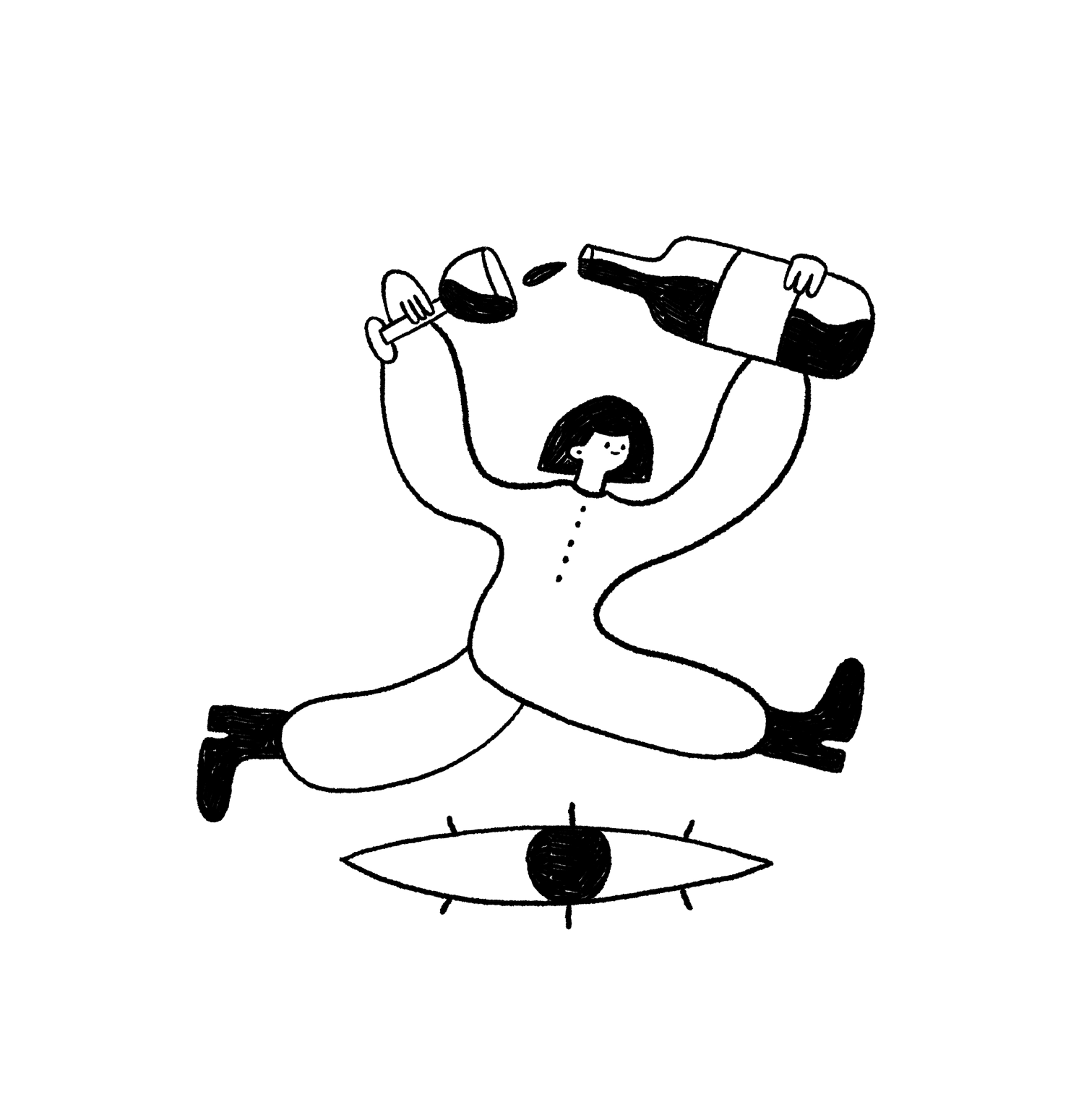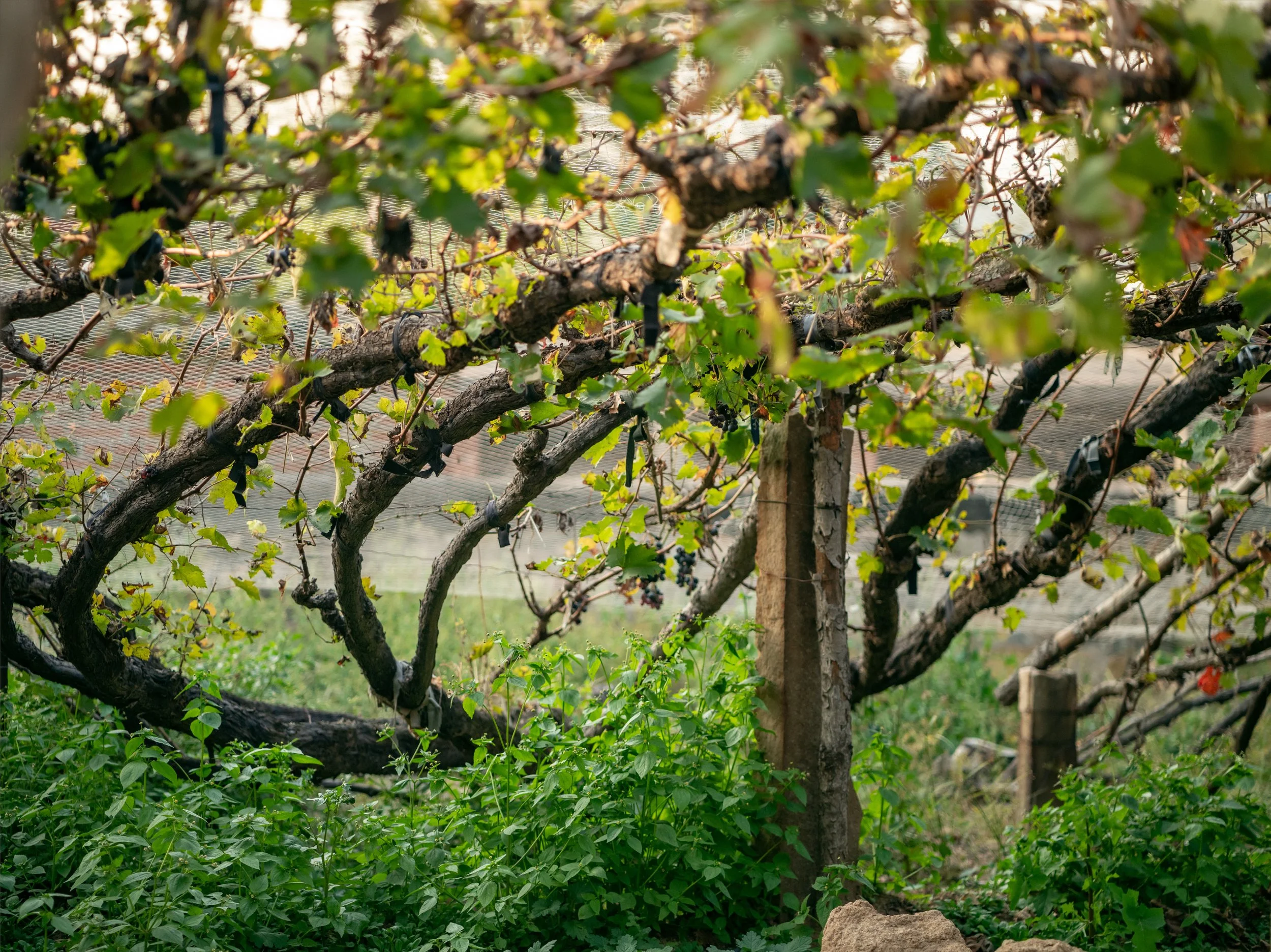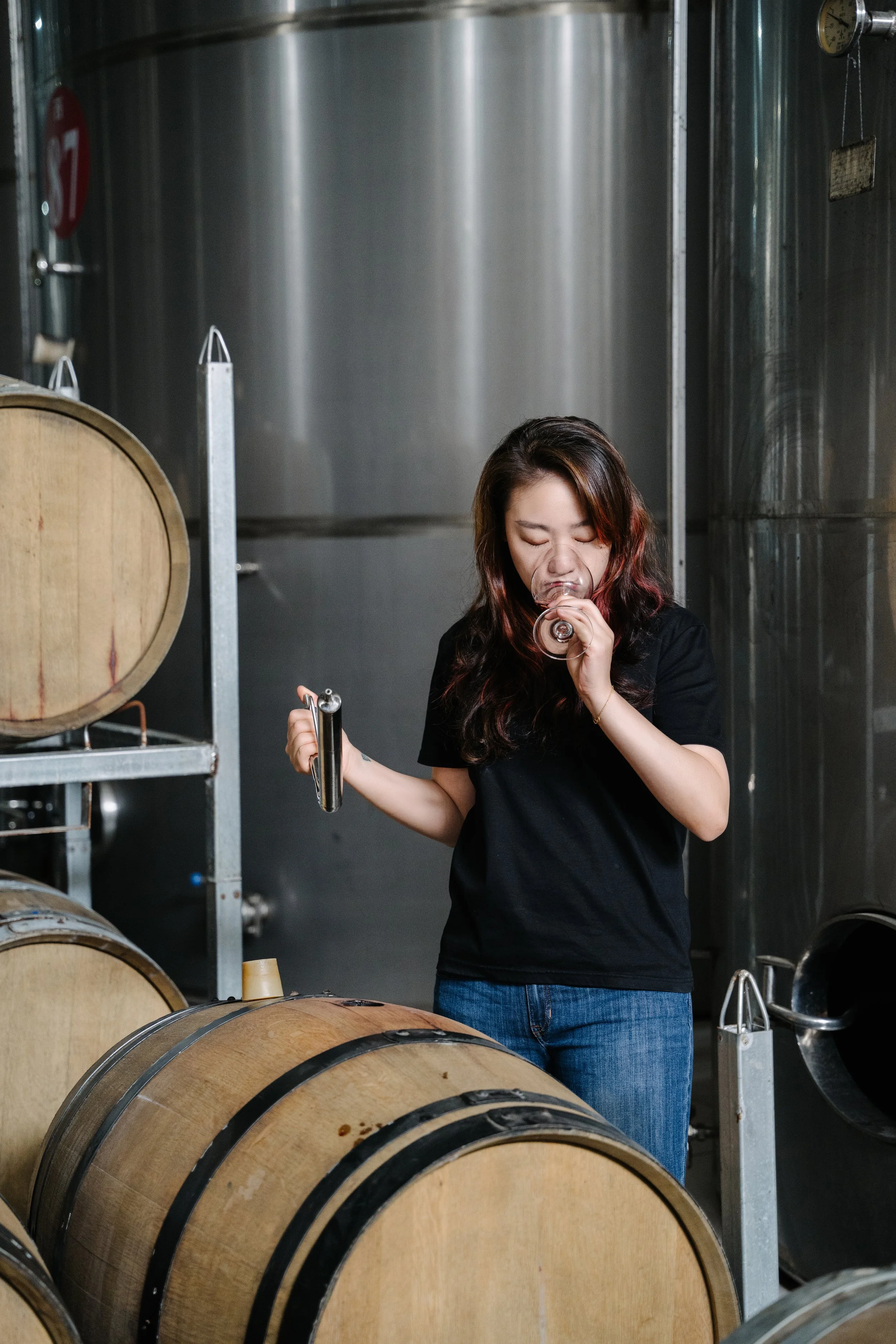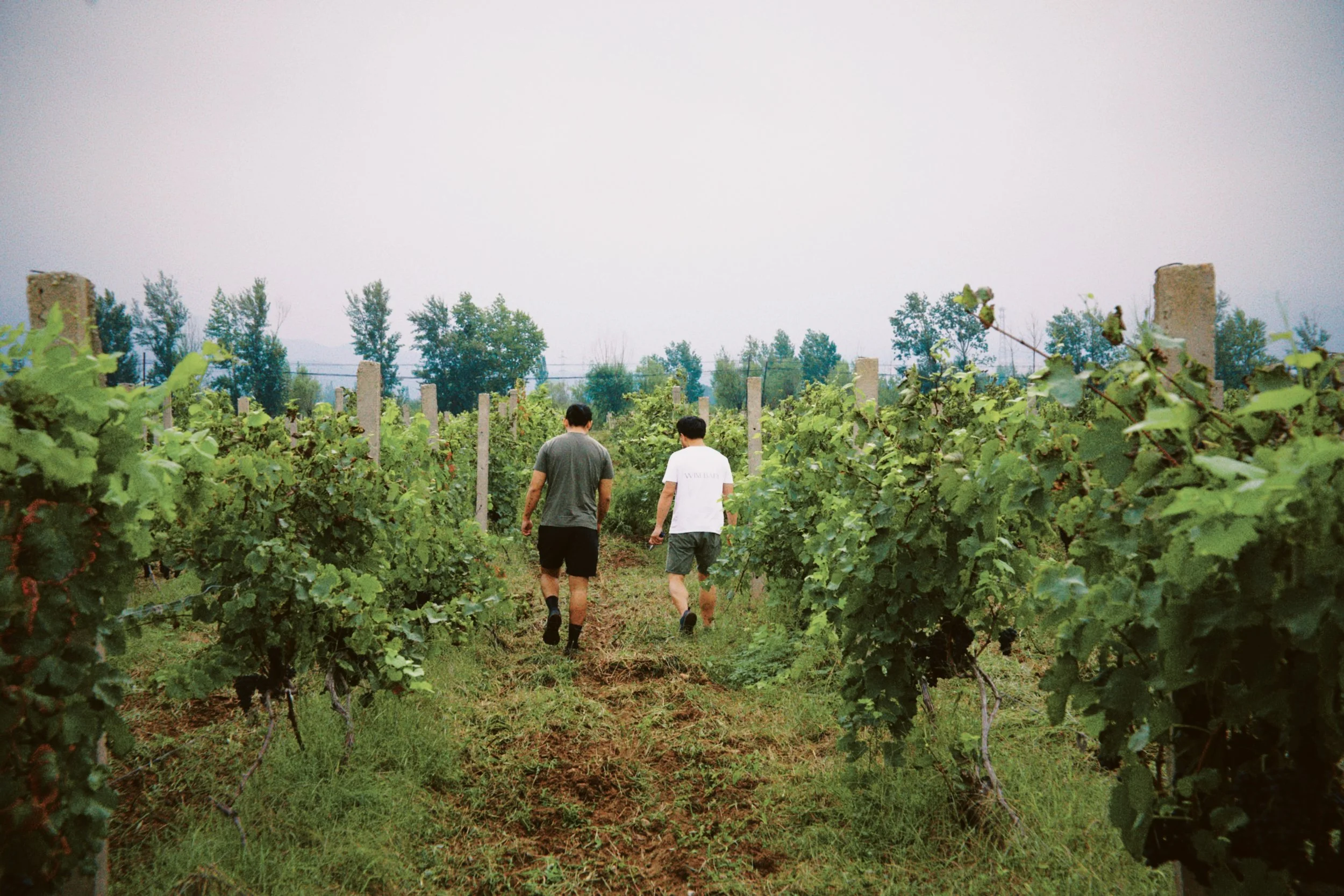
Shofang
首芳
Using their Australian wine education on Chinese terroir, Shofang Hu and her partner Levi Lee have broken away from conventional winemaking in China, opting for pure, elegant wines with old-vine Muscat Hamburg - unique to Hebei.
Inheriting her family’s vineyard where the fruit was always sold to industrial-sized wineries, Shofang rescued a valuable piece of Chinese winemaking history at a time where neighbours were digging up vines to plant higher-yielding crops.
Now, the team are forging their own path - rebuilding Hebei’s winemaking reputation and finding value in its rich agricultural history, from table grape growing to fruit production.
Winemaker: Shofang Hu & Levi Lee
Established: 2019
Location: Qinhuangdao, Hebei
Farming Method: Sustainable
Vineyard Size: 1.77 hectares / 12,000 bottles per annum
Vineyard: 85% Cabernet Sauvignon, 15% Muscat Hamburg (Winery)
Chardonnay, Roussanne, Viognier, Tempranillo, Syrah (Négociant)
Vinified: 80% Muscat Hamburg, 5% Cabernet Sauvignon, 5% Chardonnay, 5% Tempranillo, 5% Roussanne & Viognier
Shofang Hu (right) and Levi Lee (left) with cherries for their cider
Part of a younger generation of Chinese winemakers, Shofang found early exposure to viticulture through her family’s vineyard in Hebei, planted in 1990. Like many vineyards in the region, grapes were planted to meet increasing demand for wine following the commercial success of COFCO Great Wall Co.
Shofang’s fascination with viticulture led her to study winemaking in at the Northwest Agriculture and Forest University in Xi’an, before moving to Australia to complete vintages in South Australia’s McLaren Vale. Whilst studying winemaking at the University of Adelaide, she met her husband-to-be, Levi Lee, in 2016.
Originally from Nanjing, Levi was in Adelaide also studying winemaking and working vintages at Murdoch Hill in the Adelaide Hills, Samuel’s Gorge in McLaren Vale, and Stella Bella in Margaret River.
A chance to take over her family’s winery in 2019 - coinciding with the couple’s wedding - brought Shofang back to Qinhuangdao where she started making wine under her own name with some of China’s oldest commercial vineyards.
Now, the couple manage the vineyards themselves - with Shofang leading the winery and Levi taking a supportive role. The team opt for neutral oak aging and strive for fruit purity - carving out a reputation for aromatic, elegant, and graceful wines.
Shofang cherishes her hometown’s terroir and acknowledges the region is better suited for alternative varieties such as Muscat Hamburg, which has a 200-year history in the region. Single-varietal reds are only made in the best years, and instead the focus is on old-vine Muscat Hamburg - with some vines planted in the 1940s.
Qinhuangdao is also known for its Hanfu and Guoguang apples, An pears, and Shanhaiguan cherries - which Shofang uses for cidermaking. Just like the wines, all the ciders are fermented with indigenous yeasts with 100% local fruit - further contributing to the unique terroir of her home where the Great Wall meets the sea.
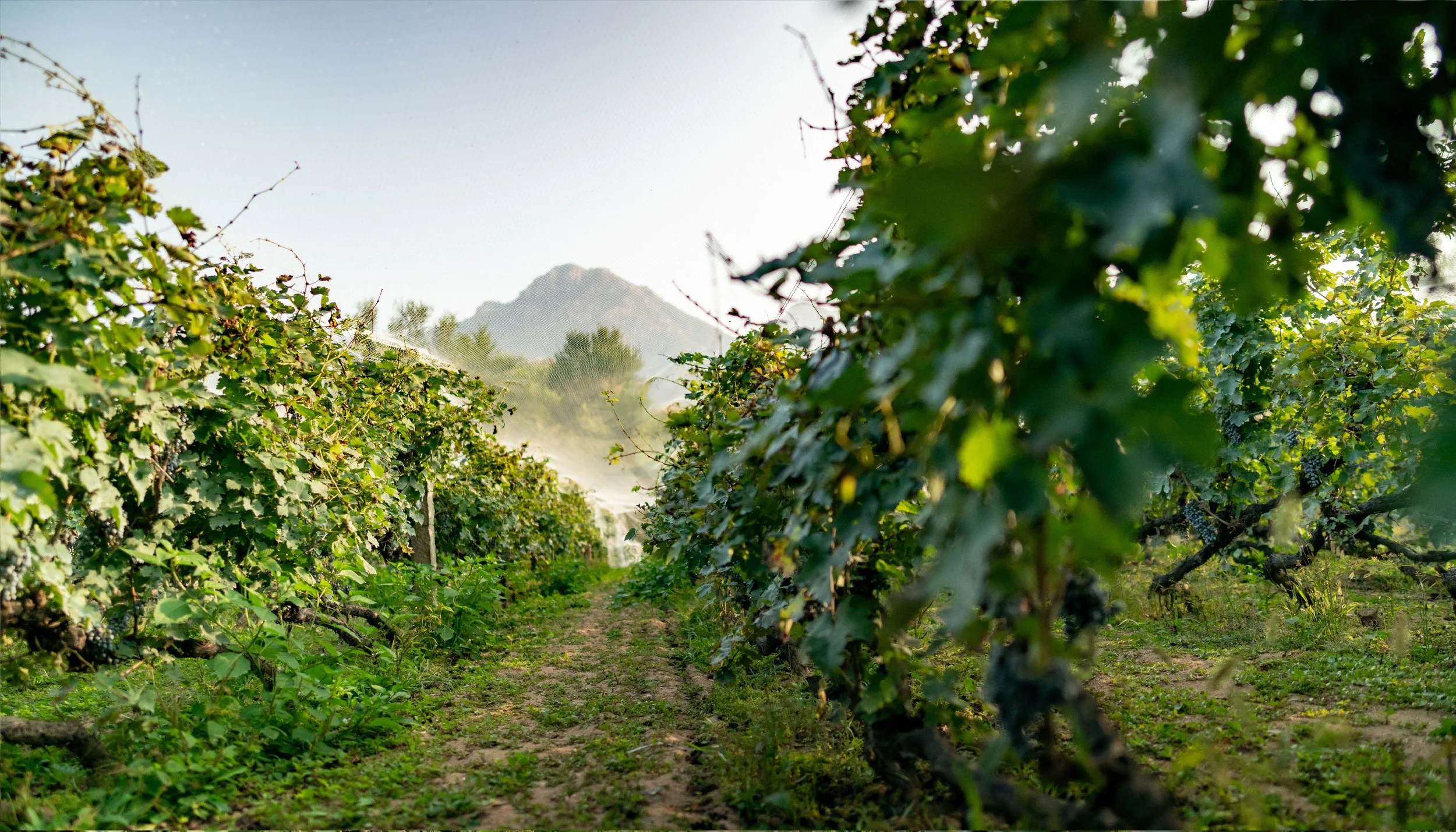
Vineyards
Fengjiashan Vineyard - 1.77ha
Sandy loam topsoil over granite, 600mm rainfall, 120m elevation
Donghuayuan Vineyard - 167ha (Négociant)
Gravel-sand, 400mm rainfall, 500m elevation
Wangjialou Vineyard - 73ha (Négociant)
Gravel-sand, 400mm rainfall, 1000m elevation
Wines
Pear Cider MV
Qinglong An Pears are unique to Qinhuangdo, turning yellow-green when ripe with thick coarse skin and tough flesh. Pears are milled for overnight oxidation, pressed and fermented. Fresh pear juice added for secondary fermentation in bottle.
Roussanne Viognier 2024
67% Viognier, 33% Roussanne purchased from Donghuayuna vineyard, Zhangjiakou. The Viognier underwent whole-cluster fermentation for 5 days before pressing into neutral oak with the Roussanne. Aged on lees for 3 months.
Muscat Hamburg Rosé 2024
100% Muscat Hamburg from the Fengjiashan vineyard. A historic variety for the region. Hand-harvested and cold soaked for 3 days, with cold ferment in stainless steel. 18g/L RS.
Cabernet Sauvignon 2019
100% Cabernet Sauvignon from the Fengjiashan vineyard. Hand-harvested, destemmed and fermented for 2 weeks in open-top fermenters, pressed into barrel for MLF. Aged in 100% used oak for 10 months.
3-Year Muscat Hamburg Fortified
100% Muscat Hamburg from 4 vintages (2019-22) fortified with Muscat brandy and aged in barrel for an average of 3 years. 90g/L RS.
